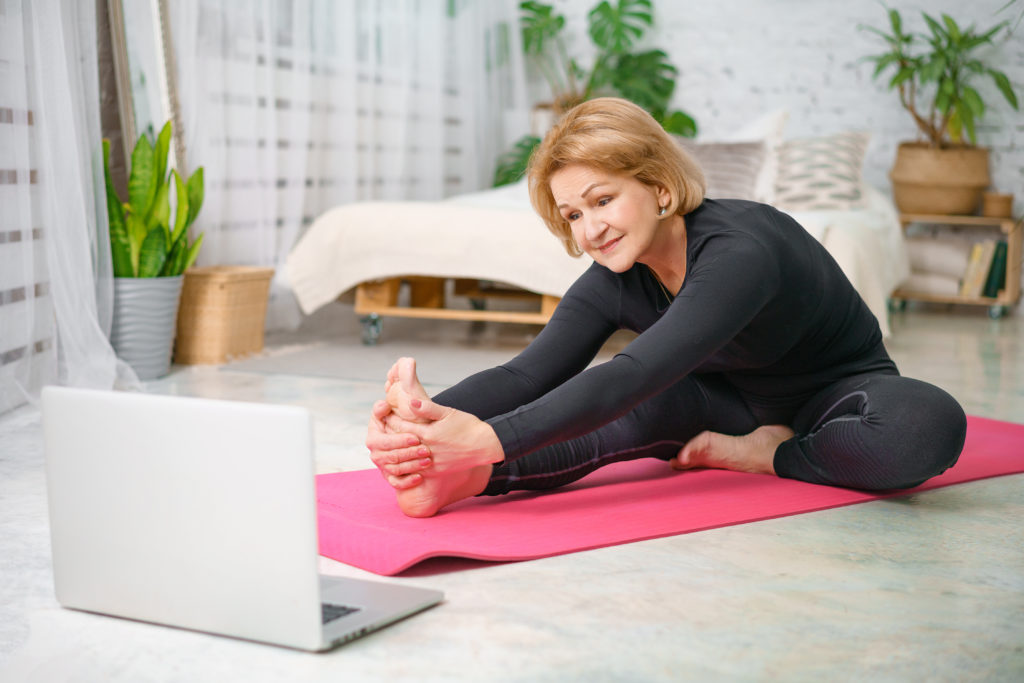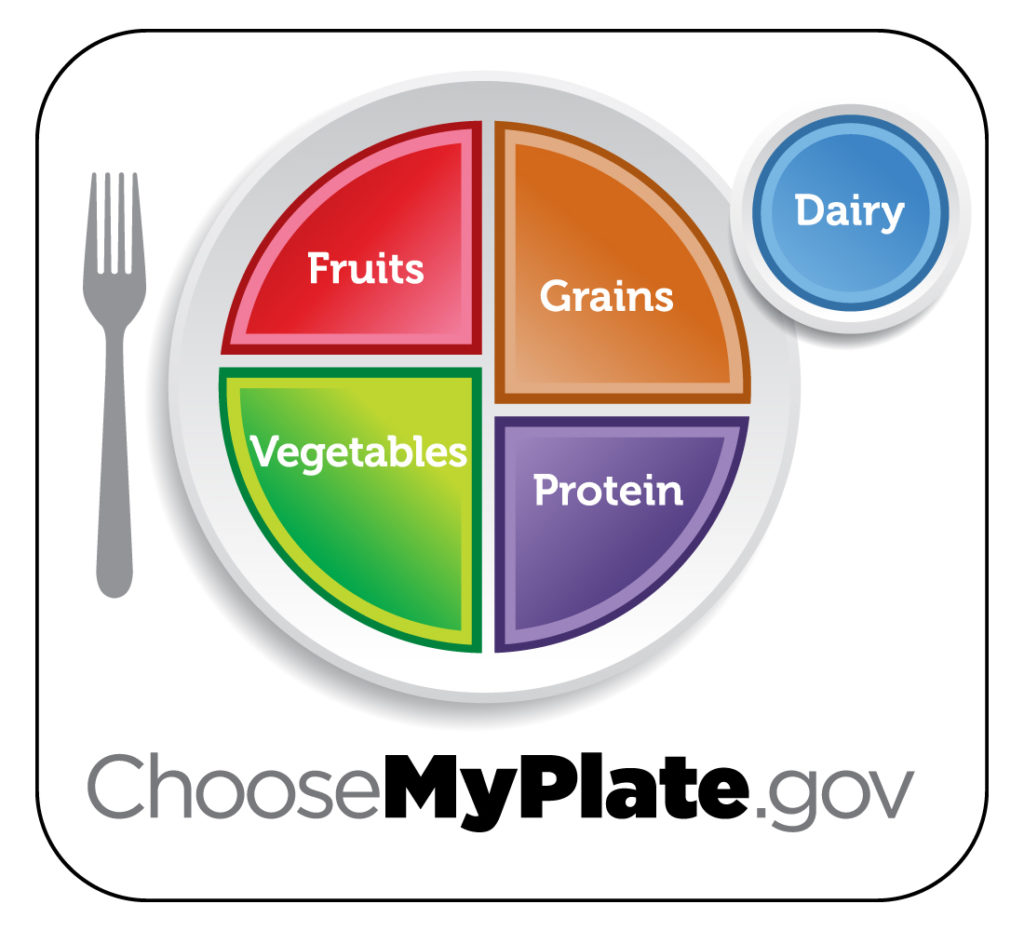
We’ve all had our world turned upside down acting to prevent the spread of Covid-19. We must self-isolate during the risk of this highly contagious disease. Equally important, we must maintain health and wellness to promote a strong immune system and good mental health. Act on the tips provided to “Feel Great while you Self-Isolate.”
Lifestyle Medicine recommends that we pay attention to our Forks, Fingers, Feet, Sleep, Stress and Social Connections. These tips work every day not just during social distancing. During this time, maintain a regular schedule although regular activities may be on hold.
First, Forks: What you put on your fork matters! Good nutrition is the foundation to good health and sets the tone for all of the other recommended activities to feel great.
Remember Regular Meals – It is important to maintain a regular eating routine of three meals and scheduled snacks. This will help avoid mindless snacking. For scheduled snacks, choose nutritious foods such as popcorn, fruit & yogurt or nuts.
Provide Plants – Use shelf stable ingredients to cook healthy meals. It may be hard to find or keep fresh fruits and vegetables during this time. Canned, frozen and dried fruits and vegetables, dried grains (such as oatmeal or rice), beans and other plant-based foods are great shelf-stable items to have on hand for recipes.
The American Heart Association (AHA) has lots of healthy recipes such as Vegetarian 3-Bean Chili and Slow Cooker Bar-B-Q Chicken. If your busy working from home and home-schooling children, a slow cooker makes an easy option for healthy meals!
You can find a variety of recipes online and substitute any ingredients you don’t have on hand. Don’t normally cook? The AHA also has tutorials on cooking-skills basic cooking skills.
Maintain MyPlate Balance – Although, you might not have a wide variety of foods on hand during this time, MyPlate can help you keep a balanced diet while minding your personal restrictions or preferences with what you have on hand.

Second, Fingers: Keep your fingers busy washing your hands rather than using tobacco! According to the CDC, patients with COVID-19 have had mild to severe shortness of breath. Avoid smoking, vaping, or inhaling any substance, which can be toxic to the lungs.
Third, Feet: Use your feet to stay active! Regular, moderate physical activity helps keep the immune system strong! Physical Activity Guidelines say get at least 30 minutes, 5 days a week. Take a walk outside or create an at home circuit workout. Choose three or four exercises you can do at home like jumping jacks, lunges or jogging in place. Staying active helps your body fight off sickness such as viruses.
Fourth, Sleep: Sleep helps the body repair and be fit and ready for another day! Lifestyle Medicine recommends 7 to 9 hours of sleep using these tips:
Fifth, Stress: The stress hormone, cortisol, suppresses your immune response. Lifestyle Medicine also recommends managing your stress. Stress management may include:
Lastly, Social Connections: Social distancing does not need to feel isolated or lonely! Lifestyle Medicine says connect with friends and family via FaceTime, Zoom, texting, and phone calls. Positive emotions can help improve immunity and arise from even brief, virtual social connections.
An unexpected change in circumstance is stressful. Use the additional time at home as an opportunity to start or maintain good health habits. Take a few minutes each day to eat right, wash your hands, move your body, improve your sleep, manage your stress and reach out to friends and family to stay socially connected. Although these tips cannot guarantee against Covid-19 infection, they can help improve your health and wellness!
Author: Teresa Wagner, DrPH, MS, CPH, RD/LD, CHWI, DipACLM, CHWC
Dr. Wagner is a registered dietitian certified in Health Coaching & Lifestyle Medicine as well as a Doctor of Public Health. She combines her passion for health literacy and wellness education to helping people stay healthy and well.